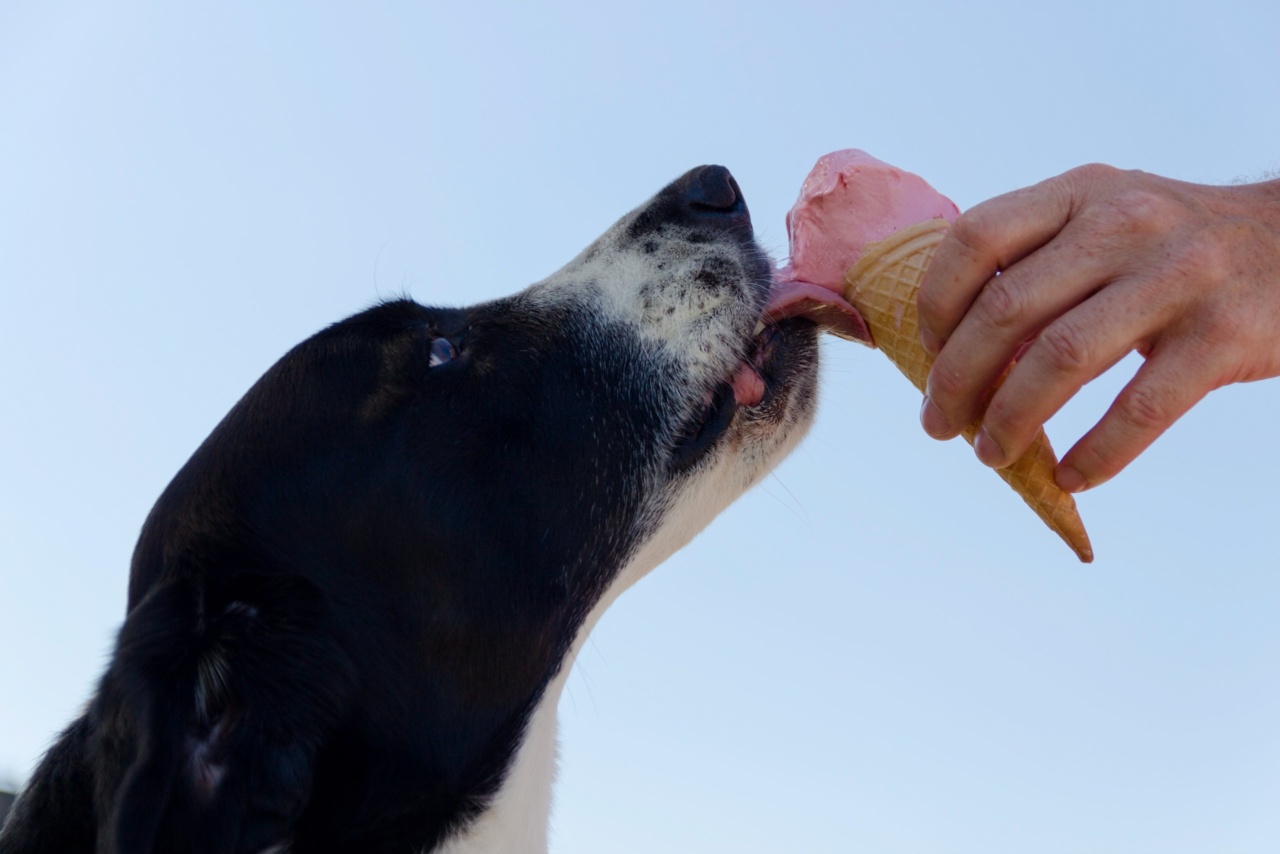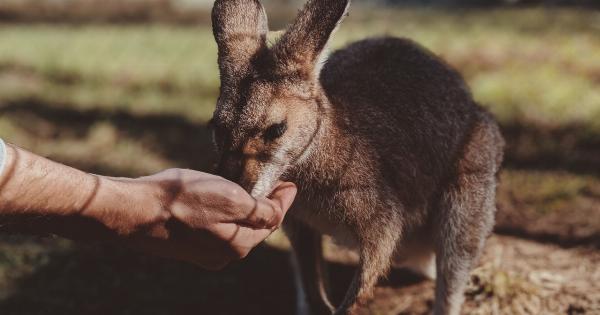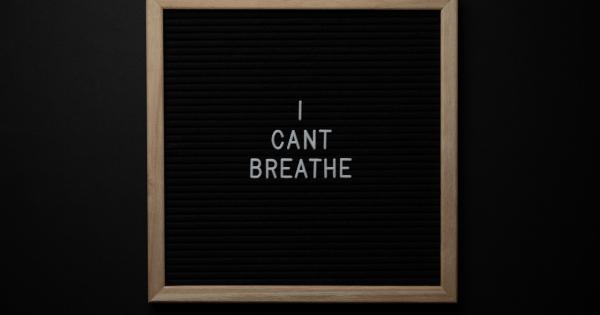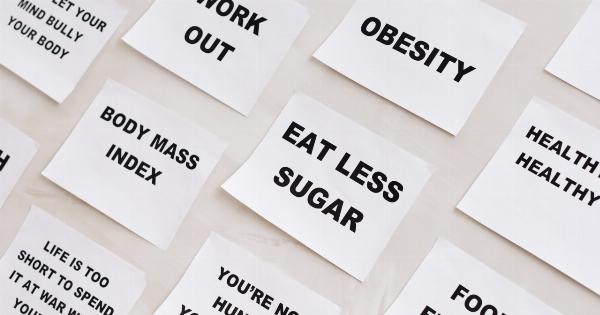Dogs are known for their love for food. They have a hearty appetite and will eat anything edible that comes their way. However, some dogs have impulsive eating habits which could have adverse effects on their health.
Understanding these habits is essential in providing the right care for your furry friend.
Why do dogs eat impulsively?
Several factors could cause a dog’s impulsive eating habits. Some of them are:.
- Boredom: Dogs require mental stimulation, and when they don’t get it, they resort to eating to relieve themselves of the boredom they feel.
- Anxiety: Some dogs eat excessively when they feel anxious or stressed.
- Medical conditions: Certain medical conditions such as Cushing’s disease, hypothyroidism, and diabetes could cause a dog’s impulsive eating habits.
- Poor diet: Feeding a dog poor quality food or not providing enough nutrients could lead to impulsive eating habits.
What are the consequences of impulsive eating habits?
Impulsive eating habits could have adverse effects on a dog’s health. Some of these consequences include:.
- Obesity: Excessive eating could lead to obesity in dogs.
- Digestive problems: Consuming too much food at once could lead to digestive issues such as bloating, constipation, and diarrhea.
- Pancreatitis: Eating high-fat foods could cause pancreatitis, which is a condition where the pancreas becomes inflamed.
- Dental issues: Dogs that consume excessive amounts of food could develop dental issues such as decay and gum disease.
How to manage impulsive eating habits in dogs
Managing impulsive eating habits in dogs requires a multi-faceted approach. Some of these approaches include:.
- Set feeding times: Setting specific feeding times and portions could help regulate your dog’s eating habits.
- Provide mental stimulation: Engage your dog in activities that stimulate its mind, such as puzzle toys, to prevent boredom.
- Limit treats: Treats should be given in moderation to prevent excessive eating.
- Manage anxiety: If your dog is eating impulsively due to anxiety, consider engaging the services of a professional dog trainer or behaviorist.
- Provide a balanced diet: Ensure that your dog’s diet provides all the necessary nutrients it needs.
When to see a veterinarian
If your dog’s impulsive eating habits persist despite your efforts to manage it, it’s best to see a veterinarian. They could diagnose and treat underlying medical conditions that could be causing the behavior.
Conclusion
Understanding your dog’s impulsive eating habits is crucial in providing the right care for your furry friend. It’s essential to manage these habits to prevent adverse health effects that could affect your dog’s overall wellbeing.





























